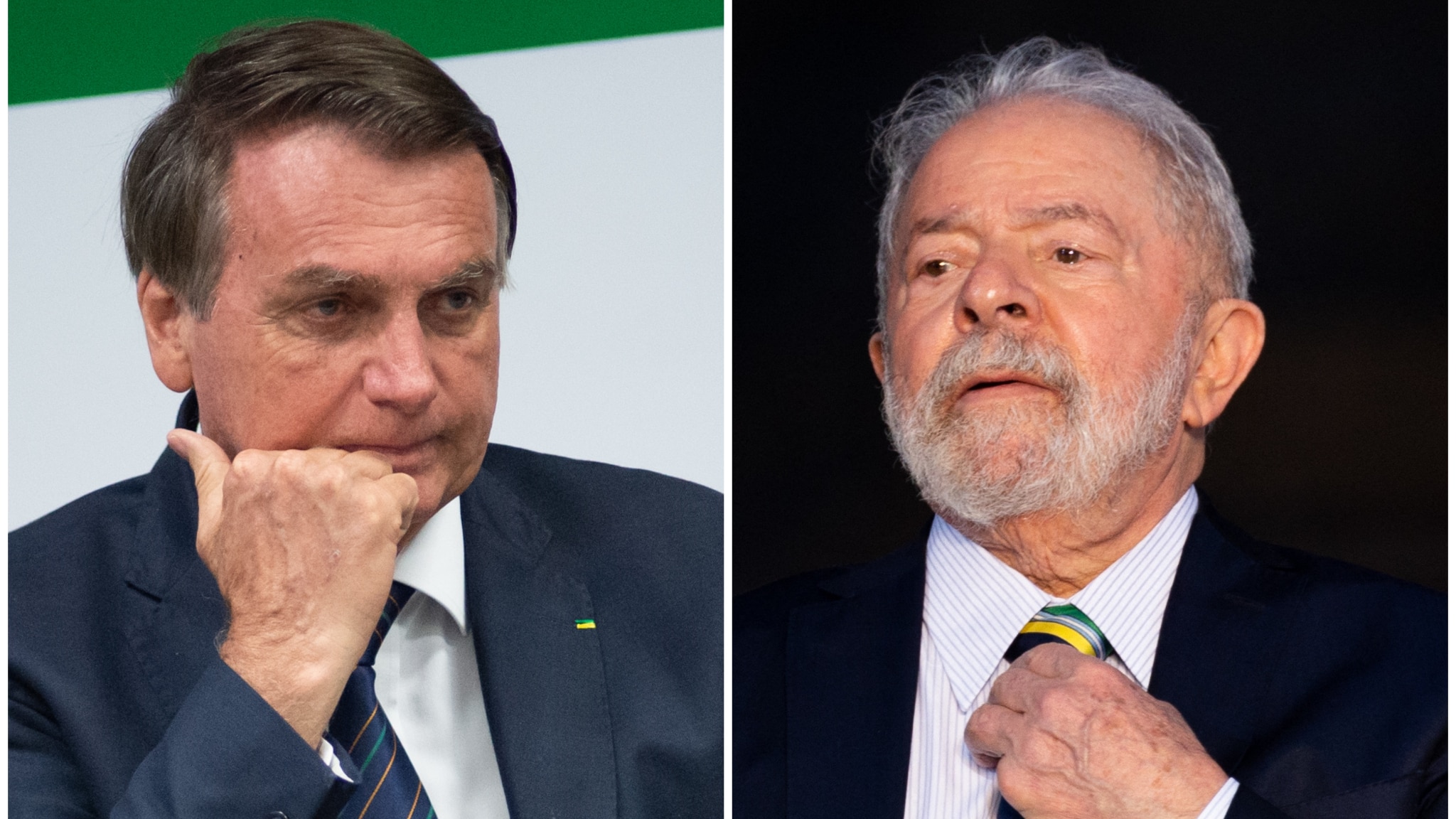Yesterday (Sunday) elections were held in Brazil with which the
156 million eligible voters
had the opportunity to choose the next President of the Federal Republic who will remain in office for 4 years.
The former left-wing president,
Luiz Inacio Lula da Silva
, and the outgoing right-wing president,
Jair Bolsonaro
, will compete in
the ballot on October 30th
.
The scrutiny of the first round, won by Lula, has not yet finished, but the
Higher Electoral Court
(Tse) has already communicated that, with the electronic count at 96.9%, Lula can no longer obtain more than half of the votes, which would have allowed him to be immediately elected president and, at the same time, Bolsonaro is no longer in able to beat him.
According to official data at this point in the poll, Lula is at 47.9%, while Bolsonaro has obtained 43.7%.
“
The votes obtained by Bolsonaro in the first round surprise and highlight the strength of the right in Brazil -
Gerson Camarotti, political analyst of GloboNews, told Corriere -
The ballot will increase political tension
in Brazil.
The result in the first round was considered strategic by former President Lula's campaign to undermine any reaction from President Jair Bolsonaro.
There is an
alert
from Brazilian institutions for
possible objections to Bolsonaro's electoral result
, as happened with Donald Trump, in the USA, in 2020. Bolsonaro's attacks on the Brazilian electoral system and
threats not to respect the results of the polls
they turned the 2022 elections into a grand plebiscite.
What is at stake in this election is not just the choice of a new president.
The
stakes are Brazilian democracy itself
in a scenario of polarization that will increase in the coming weeks
”.
In Brazil, where voting is mandatory, citizens not only choose the President of the Republic, who has a
4-year
term with the possibility of a single re-election, but also the
regional governors,
senators
, national
and
regional
deputies
.

